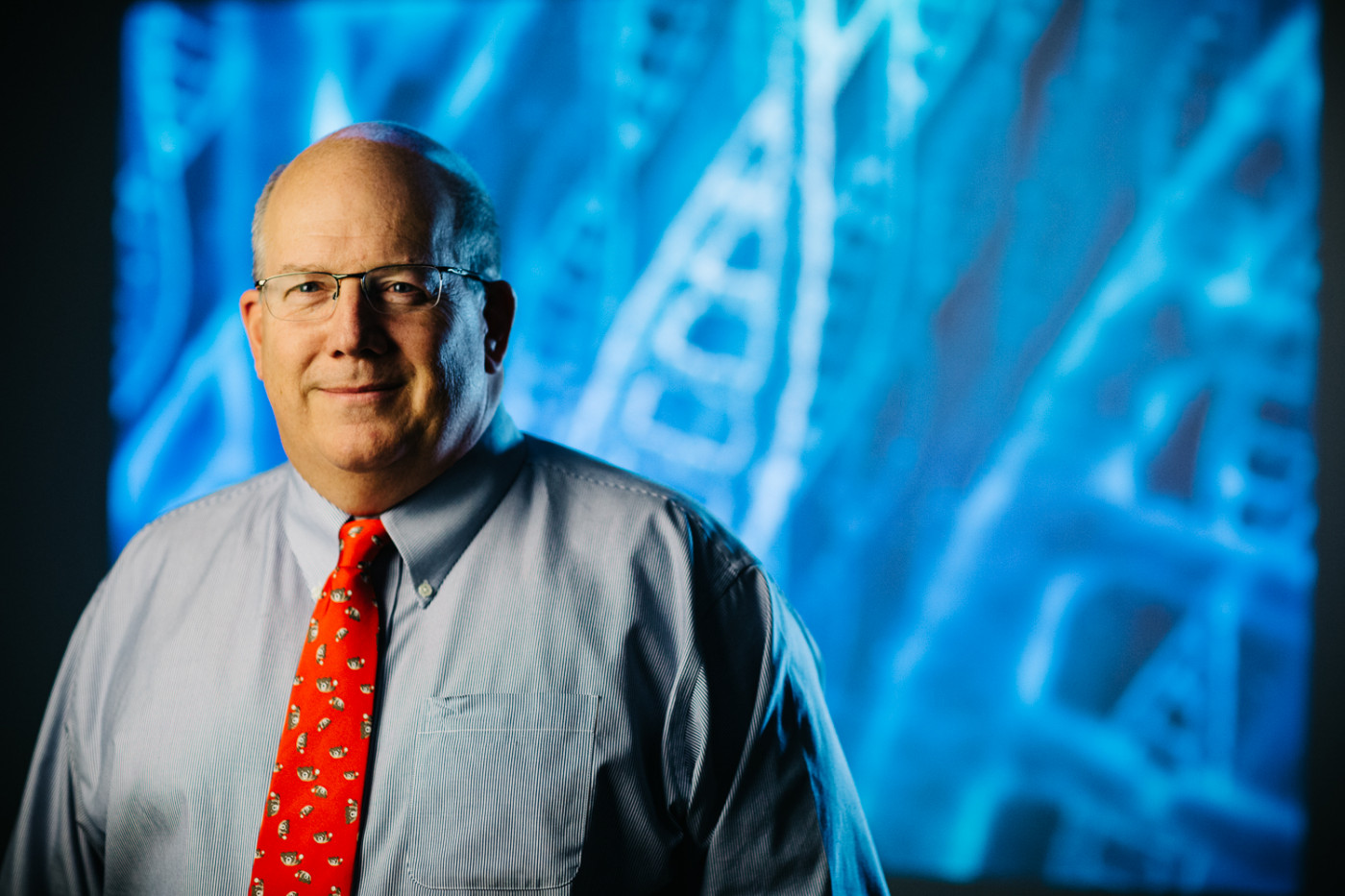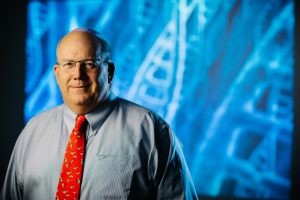Retrophin, Horizon Donate $3M Each to Rare Disease Institute at Children’s National

Retrophin and the U.S. subsidiary of Britain’s Horizon Pharma will each donate $3 million over a six-year period to the Rare Disease Institute (RDI) at Children’s National Health System in Washington, D.C., helping it to strengthen care available and expand as a “center of excellence” for rare disease patients.
“We’re really proud of both these companies for stepping up,” Marshall Summar, MD, director of RDI, said in a phone interview with BioNews Services, which publishes this website. “A lot of donations go towards research or bricks and mortar. But this money will go to clinical studies, case management, social work — a whole host of things that normally you can’t always afford to run in a pediatric children’s hospital.
“At the RDI, our goal is to build a network of centers of excellence that we’re helping support and coordinate. These two donations will go a long way towards making it a long-term, stable program,” Summar added.
The Retrophin Rare Disease Network, whose creation was announced in early January, will advance the institute’s efforts to create a global “hub and spoke” model for disseminating and streamlining patient access to optimal care methods among U.S. and foreign peer institutions. The network aims to enhance the field of rare disease medicine by standardizing care models and establishing best practices in diagnosis and treatment.
RDI is a first-of-its-kind center focused exclusively on treating both children and adults with rare genetic diseases that remain largely unknown to the general medical community. It is also the first Center of Excellence established by the National Organization for Rare Disorders (NORD).
The institute launched its partnership with NORD in 2017. Children’s National aims to be the first of many of such centers across the United States treating patients with rare diseases, regardless of age.
“Retrophin is proud to support the important work that the Children’s National Rare Disease Institute is doing to advance the care and treatment of rare diseases,” Stephen Aselage, CEO of San Diego-based Retrophin, which specializes in rare disease treatments, said in a company press release.
“The tremendous difficulty that patients with rare diseases have in getting an accurate diagnosis and early treatment is well-documented. The creation of this network is critical to broadening access to the institute’s innovative resources and programs, and will ultimately lead to expanded specialized care for patients and families in the rare disease community,” Aselage added.
Likewise, the Horizon Pharma Clinical Care Endowment — to be given over six years — will fund an expert care team at Children’s National consisting of a clinical geneticists and others, such as genetic counselors, nutritionists and social workers, all specializing in the care of children with rare diseases.
“We consistently hear stories from people who spent many years in search of a diagnosis, followed by more years searching for the right team of specialists – suffering through a painful journey with devastating consequences,” said Timothy Walbert, chairman, president and CEO of Horizon, in a company press release.
“Our hope is that the Horizon Pharma Clinical Care Endowment and the institute will disrupt this all-too-familiar rare disease trajectory by joining exceptional rare disease specialists together in one place,” he added.
Any disease, illness or disorder that affects fewer than 200,000 people in the United States is considered to be rare, according to the National Institutes of Health. Yet, of the more than 7,000 rare diseases known to exist, fewer than 500 — roughly 5 percent — have a known treatment approved by the U.S. Food and Drug Administration.
About one in 10 Americans have a rare disease – approximately 80 percent of which are genetically based. The NIH says more than 80 percent are childhood diseases, and more than a quarter of all children admitted to pediatric hospitals have a rare disease.
“We’re working to stabilize the clinical ecosystem in rare diseases, so that physicians have the support they need and patients have a predictable place to come,” Summar told BioNews. “One of the real benefits for them is that diagnoses will be more predictable. And as we roll out the centers of excellence model, it will become multiple but consistent standards.”
To date, Children’s National has spent between $10 million and $15 million to refurbish its new clinical and research home at the former Walter Reed Army Medical Center along Georgia Avenue in northwest Washington. The 12-acre property, which was vacated in 2011, includes the Armed Forces Institute of Pathology building, a large parking lot, and a 300-seat lecture hall.
The project currently occupies about 12,000 square feet, and will eventually expand to 22,000 square feet, Summar said, estimating its total cost at around $200 million. RDI currently operates out of Children’s National itself. Summar said he expects to be operating at the new location by this fall.




